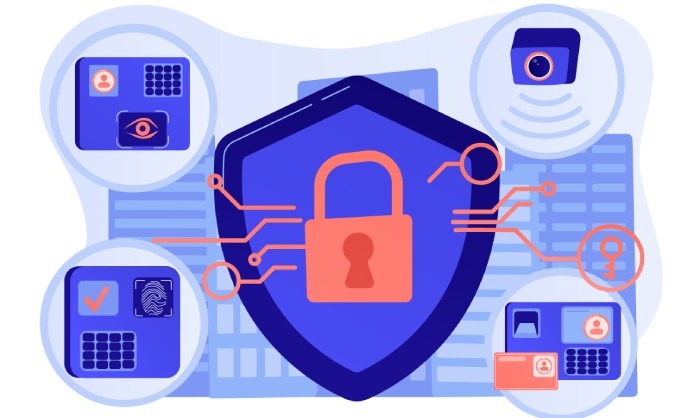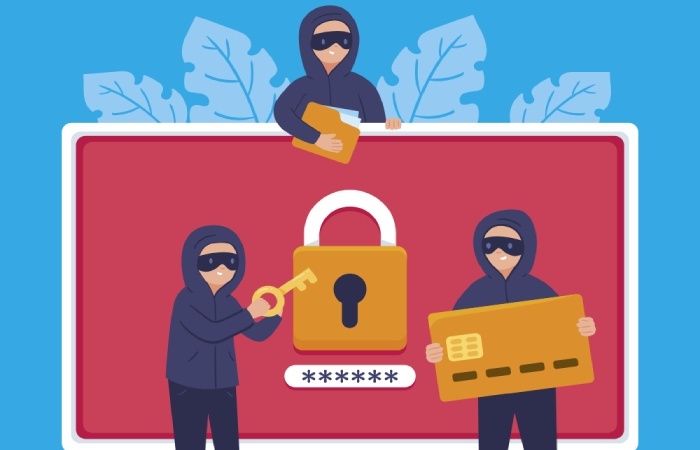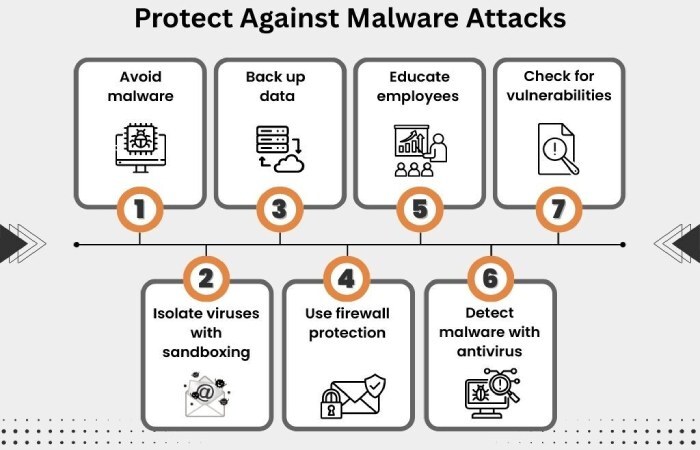UAE Cybersecurity Education, DOGE Security Exposed, Son Prevents Attack
Hello folks! It’s the 2nd week of August, and the cybercrooks are already geared up with their sophisticated attack plans. Let’s find out what happened in the past week. In this detailed bulletin, we will talk about cybersecurity being a mandatory subject across schools in the UAE. We will also focus on the DOGE vulnerabilities exposed by a whistleblower. Lastly, we will talk about the bright Keralite cybersecurity student from India who foiled a threat attempt against his father.
Stay with us so that you don’t fall for similar cyberattack attempts.
Cybersecurity is now a compulsory subject across all schools in the UAE!
The UAE has taken a revolutionary step towards bolstering its cybersecurity ecosystem. The Ministry of Education in the UAE has decided to incorporate mandatory cybersecurity lessons for all students (grades 1 to 12). This educational reform will be applicable from the academic year 2025-26. The ultimate goal of making cybersecurity a mandatory subject at the school level is to make the upcoming generations digitally competent and resilient.
The UAE government is trying to find a permanent solution against the digital perpetrators, and this step reflects their vision to build a society that is digitally secure yet competent. As part of this initiative, students will also learn about essential email security protocols such as DMARC, DKIM, and SPF, equipping them to defend against phishing and other online threats.

The lessons will be taught in English and have been made age-appropriate. Students will get to learn about cybersecurity both practically and theoretically.
For grades 1 to 3, students will be taught about the digital world, online safety, and Dos and Don’ts for responsible internet surfing. For grade 4, there will be STREAM projects to help students learn about digital self-protection. The projects are designed to be highly interactive so that students get to learn real-life practical skills. Grades 5 to 8 involve exploring intricate cybersecurity threats and adopting digital protective methods.
The curriculum is designed to encourage critical thinking among the students. Grades 9 to 12 students will learn from advanced modules that revolve around internet infrastructure and networks. It also guides students if they wish to proceed further with higher education in cybersecurity itself.
The curriculum has been designed in a way that students learn about the intricacies of cybersecurity through daily life activities, backed by the efforts of teachers as well as families.

Whistleblower exposes DOGE vulnerabilities
A whistleblower has recently exposed the cybersecurity vulnerabilities at DOGE, or the Department of Government Efficiency. Allegedly, the federal cybersecurity protocols have been violated by the staff at DOGE. They have managed to gain unauthorized, system-wide access by simply manipulating the access and identity controls. Things came to the attention of the authorities once a whistleblower raised a complaint against these vulnerabilities.
As per the complaint, the DOGE staff were given complete freedom over the NLRB cloud environment. No logs or official records of these accounts are available. Even Russian-based IP addresses tried to log in after these DOGE accounts got activated. The lawyer for the whistleblower believes that these malicious DOGE activities have recently led to a steep surge in the instances of data breach attempts that tried “to expose our government to foreign intelligence and our nation’s adversaries.”

Son foils a threat attack to protect his father in Kerala, India
A cybersecurity student from Kerala, India, has successfully foiled the malicious attempts of threat actors, thereby protecting his father in the process. The scammers posed as the Telecom Regulatory Authority of India officials and contacted his father. They claimed that the SIM card issued in his name was being misused for illegitimate purposes. The cybercrooks created fake urgency and asked the victim to record his statement in front of the Mumbai Cyber Cell within the next two hours.

When the victim informed them about his inability to go to Mumbai at such short notice, they asked him to join a video call from an empty room. The son realized that it was an attempted fraud. So, he got on the call and kept the scammers engaged for the next 15 hours. His witty replies embarrassed the scammers. The son also managed to record the conversation and used it as evidence while filing a complaint against the perpetrators. Soon, the scammers dropped off the call as they realized that they had been outsmarted.
An investigation is being conducted by the relevant authorities. The recorded video is also being circulated on social media to spread awareness among common people against cyber fraud and malicious attempts. It is because of the digital awareness of the son and his agility that he could protect his father from the malicious attempts of the cybercrooks.







